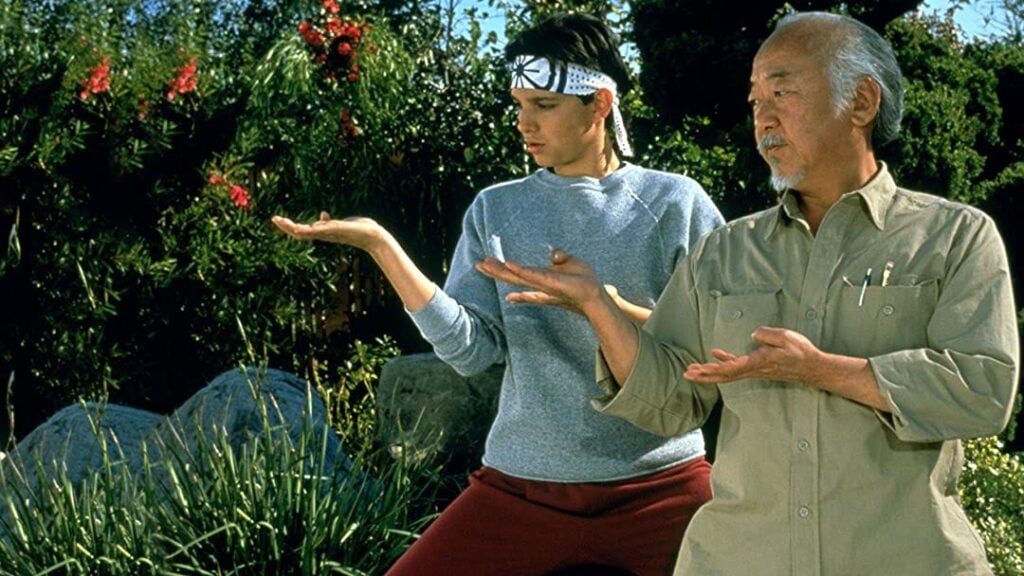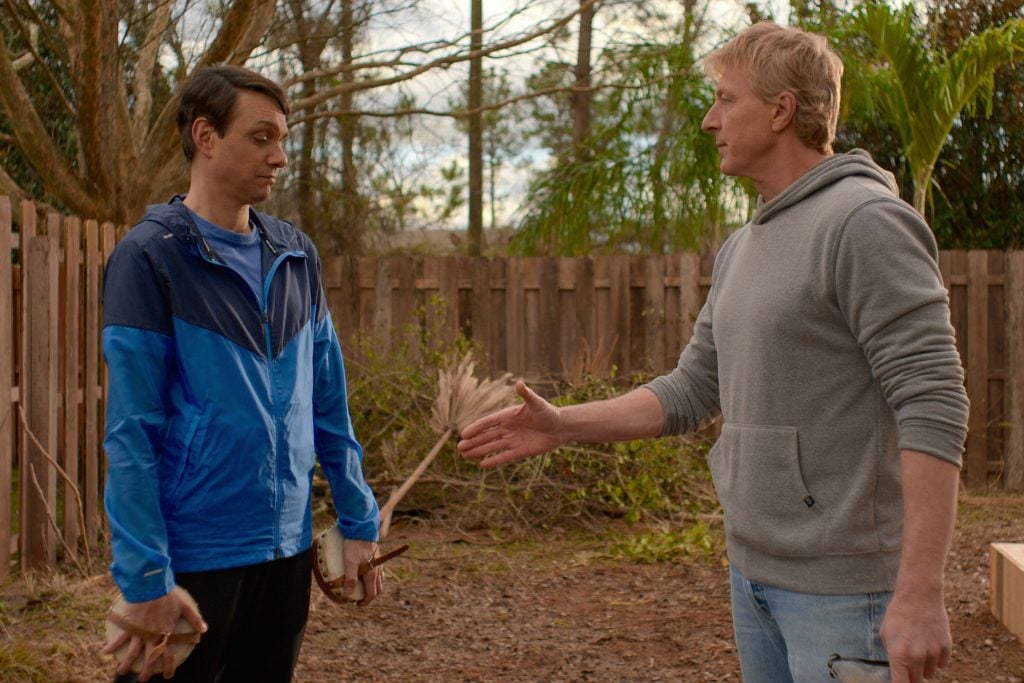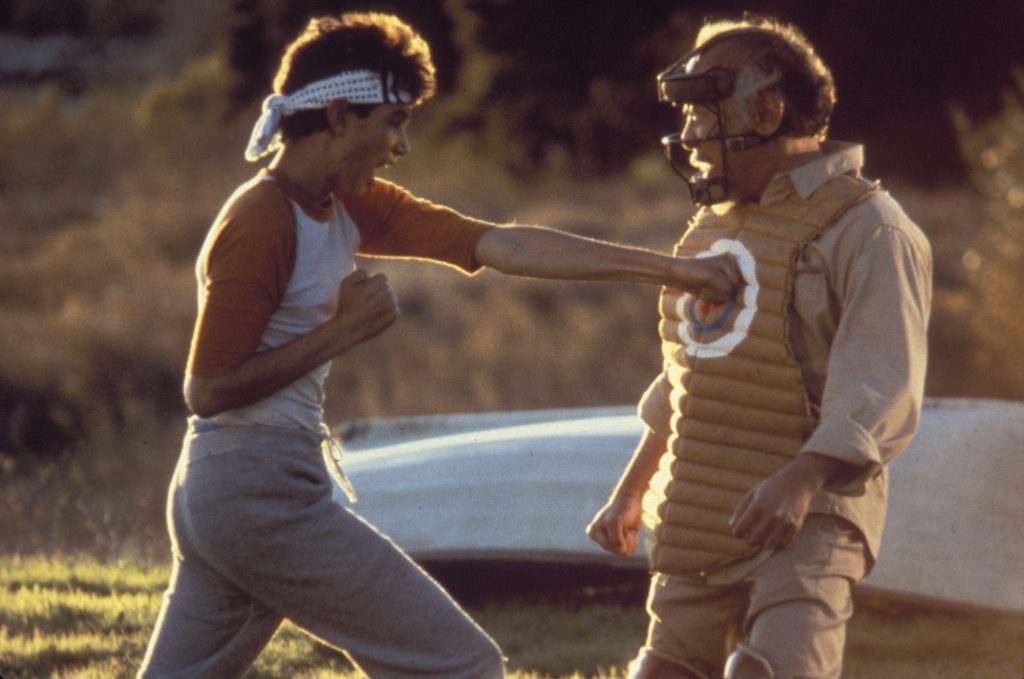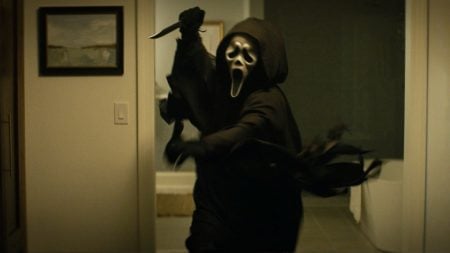In the summer of 1984, a film premiered that would leave an indelible mark on pop culture, inspire generations, and redefine the martial arts genre in cinema. The Karate Kid, directed by John G. Avildsen and starring Ralph Macchio, Pat Morita, and Elisabeth Shue, was more than just a typical coming-of-age story. As we celebrate its 40th anniversary today, the film’s lasting impact on popular culture, its inspirational message, and its role in shaping the way we perceive martial arts warrant reflection and celebration.
A Timeless Story of Perseverance and Mentorship

At its core, The Karate Kid is a classic tale of perseverance, mentorship, and personal growth. The story follows Daniel LaRusso (Ralph Macchio), a teenager who moves to Southern California and struggles to fit in. When he becomes the target of local bullies, Daniel turns to Mr. Miyagi (Pat Morita), a wise and unassuming Okinawan handyman and karate master. Through Miyagi’s unconventional training methods, Daniel learns not only how to defend himself but also valuable life lessons in balance, discipline, and respect.
This narrative of an underdog overcoming adversity resonates universally. Whether it’s through Daniel’s struggles with bullying, his determination to master karate, or the father-son dynamic that evolves between him and Mr. Miyagi, audiences across generations find pieces of their own experiences reflected in the film. Mr. Miyagi’s sage advice, “Wax on, wax off,” has become more than a cinematic catchphrase; it’s a metaphor for the importance of patience and the value of seemingly mundane tasks in personal development.
The Cultural Phenomenon
Upon its release, The Karate Kid was a box office hit, grossing over $90 million and spawning three sequels, a 2010 remake, and the immensely popular Cobra Kai series. Its success can be attributed to its relatability and the magnetic performances of its cast, particularly Pat Morita, whose portrayal of Mr. Miyagi earned him an Academy Award nomination for Best Supporting Actor.
Morita’s role as Mr. Miyagi was groundbreaking. At a time when Asian characters were often relegated to stereotypes, Mr. Miyagi was portrayed with depth, dignity, and wisdom. His character broke barriers and provided a positive representation that resonated with both Asian and non-Asian audiences. This portrayal not only elevated Morita’s career but also set a new standard for the representation of Asian characters in Hollywood.

Shaping Martial Arts in Western Culture
Before The Karate Kid, martial arts were often depicted in Western films as either hyper-violent or as an exotic spectacle. The film revolutionized this perception by emphasizing the philosophical and spiritual aspects of martial arts. Mr. Miyagi’s teachings went beyond physical techniques; they emphasized mental strength, ethical behavior, and personal harmony.
The film’s portrayal of karate as a discipline of character rather than just combat has had a lasting influence. It sparked a surge of interest in martial arts across the West, with many young viewers enrolling in karate classes, eager to learn not only the moves but also the principles of honor and self-respect that the film championed. This shift in perception helped martial arts schools flourish and contributed to a broader appreciation for the cultural and philosophical underpinnings of these practices.
The Revival through Cobra Kai
Decades after its release, The Karate Kid found new life with the advent of the Cobra Kai series on YouTube Red (and later Netflix). This sequel series, created by Josh Heald, Jon Hurwitz, and Hayden Schlossberg, revisits the rivalry between Daniel LaRusso and Johnny Lawrence (William Zabka), offering fresh perspectives on their characters and deepening the narrative established in the original films.
The Karate Kid not only reconnected with its original fans through Cobra Kai, but also introduced its timeless story to a new generation. The series has garnered critical acclaim and commercial success, proving that the themes of redemption, rivalry, and mentorship still resonate deeply with audiences today.
A Legacy That Continues to Inspire
As The Karate Kid marks its 40th anniversary, its legacy is more vibrant than ever. The film’s influence extends beyond its immediate impact on cinema and martial arts. It has become a cultural touchstone, referenced and parodied in countless other works, from Friends to The Simpsons. The life lessons imparted by Mr. Miyagi continue to inspire people to strive for balance and integrity in their lives.
In celebrating this milestone, we honor not just a film but a phenomenon that has touched hearts and minds across the globe. The Karate Kid reminds us that the journey to self-discovery is paved with perseverance, that true strength lies in character, and that wisdom often comes from the most unexpected places. As Daniel LaRusso learned all those years ago, sometimes, the greatest battles we fight are the ones within ourselves, and the most significant victories are those that bring us closer to our true potential.
Happy 40th anniversary, The Karate Kid. Your legacy waxes on.
![THE KARATE KID [1984] - Official Trailer (HD)](https://geekvibesnation.com/wp-content/cache/flying-press/8da63859e737023a10715a1ec3ad1354.jpg)

DC Fanboy! Superman is the greatest comic book character of all time. Favorite movies are Man of Steel, Goonies, Back To the Future






